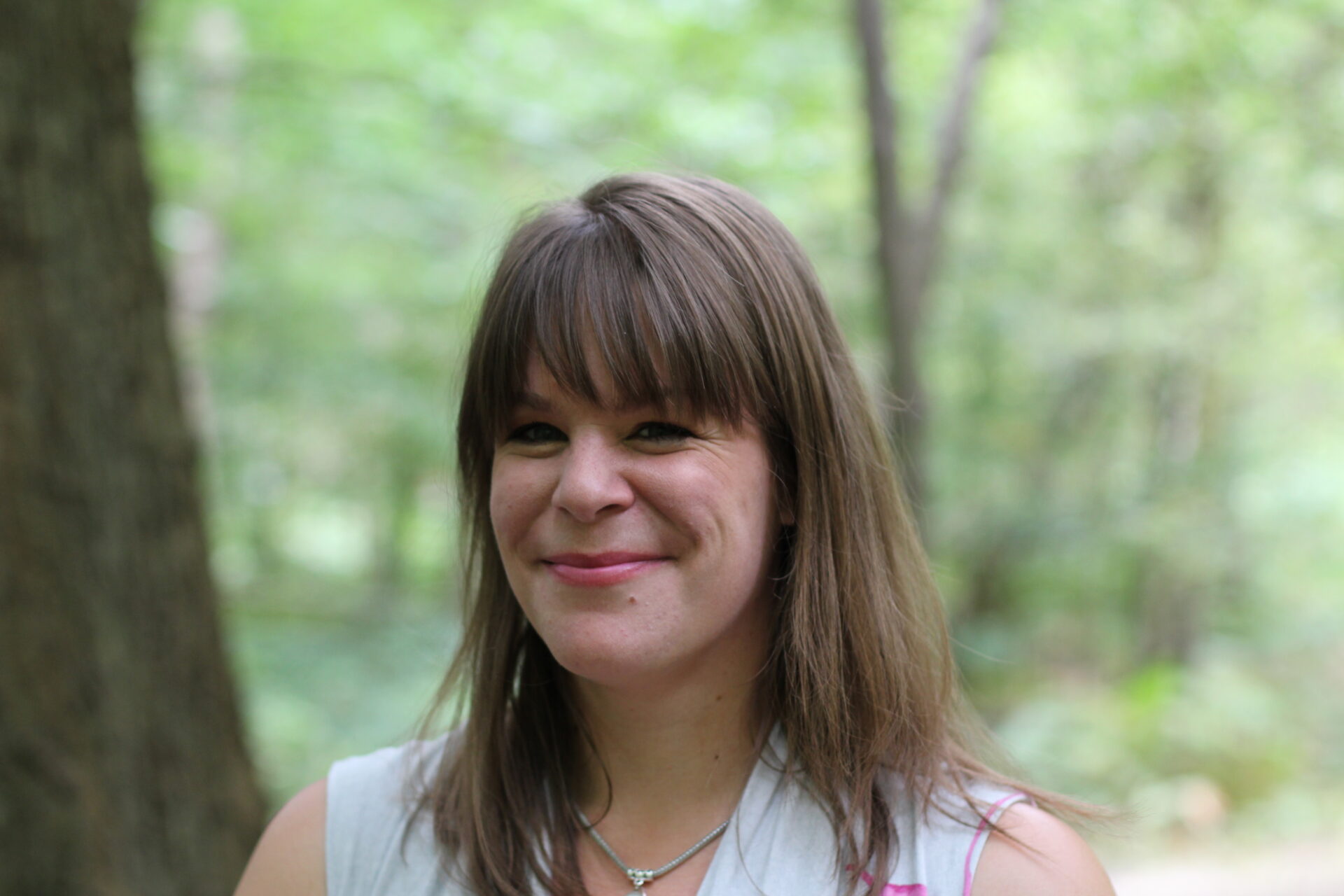
Helen Lambert
Specialist Team
I have a PhD in measuring emotions in dairy cows, a MSc in Research Methods, and a BSc(Hons) in Animal Behaviour. After many years of working in the animal welfare charity sector, I am now a freelance animal welfare scientist. Through my consultancy, I support organisations, universities, governments, and businesses with scientific support on animal welfare issues. I like to specialise in animal sentience, and particularly the importance of positive emotions in animals, but I work in all areas from farm animals to wild animals, as well as with the people who own, use or trade animals.
A Chat with Helen
Tell us a little bit about you and your journey into behaviour change?
As an animal welfare scientist, I am always working with people and trying to elicit a better change for animals. Funnily enough, people do not like being told what to do, and so the tools, approach and ethos of behaviour change science has become a huge part of what I do. Whether it is working with a farmer to improve the mastitis levels in their dairy farm, or working with a government to change inadequate legislation, using the behaviour change approach has far more power and success than simply telling someone what needs doing. It was actually Suz Rogers who first introduced me to the wonders and tools of behaviour change science when we worked together at WSPA. Suz made me realise that I was already doing it in much of my work, and through her, I have learnt many new skills and methods. It is now a huge part of my work, and I even teach degree students about it too.
Why does the science of behaviour change matter?
As I said previously, people do not like being told what to do. Using behaviour change approaches means that everyone feels like they play a part, they have control and ownership, and this means lasting, sustainable changes which benefit people and animals.
What is the most inspiring behaviour change intervention you have come across and why?
I have always been inspired by the work that Suz did at WSPA with working equines and their communities. This embodied what I love about human behaviour change science, as it removed the idea of the Western world coming over to these communities and telling them that everything they were doing was wrong. Instead, it empowered women, and others in the community, to take control over what was happening, to come up with their solutions, and to give them a voice. The result was improved welfare for the working equines, sustainable livelihoods for those involved, and a sense of achievement and value for those in the community who had previously been overlooked.
What’s your vision for behaviour change for the next five years?
I would like to see the next generation of campaigners, scientists, and those just wanting to make a difference in some way, to be utilising the power of behaviour change science to make the world a better place for everyone. Recognition of behaviour change science has grown tremendously over the last ten years, and so I expect it will grow even more over the next five.
Why do you like working with HBCL?
The team is knowledgeable, passionate, and enthusiastic, and so they really are great to work with. I particularly enjoy the chance to sit down and brainstorm with them, as our different areas of expertise make for a really interesting session. They are also a really lovely bunch of people, and they are super organised and efficient, which is a blessing when you have a busy workload to manage!
Top tip for individuals or organisations getting started with behaviour change?
Engage the help for HBCL of course! The team is so knowledgeable and passionate, they will soon get you started, and you won’t regret asking for their help.
I have great admiration for the team at HBCL. Not only are they extremely knowledgeable and passionate, but they are also ambitious, as they see the benefits that behaviour change science can have. I am thrilled to be part of the specialist team, as I know that not only can I bring my skills and expertise to the table, but I will also benefit from the great minds already on the team. Together we can make some really positive changes for humans and animals.
